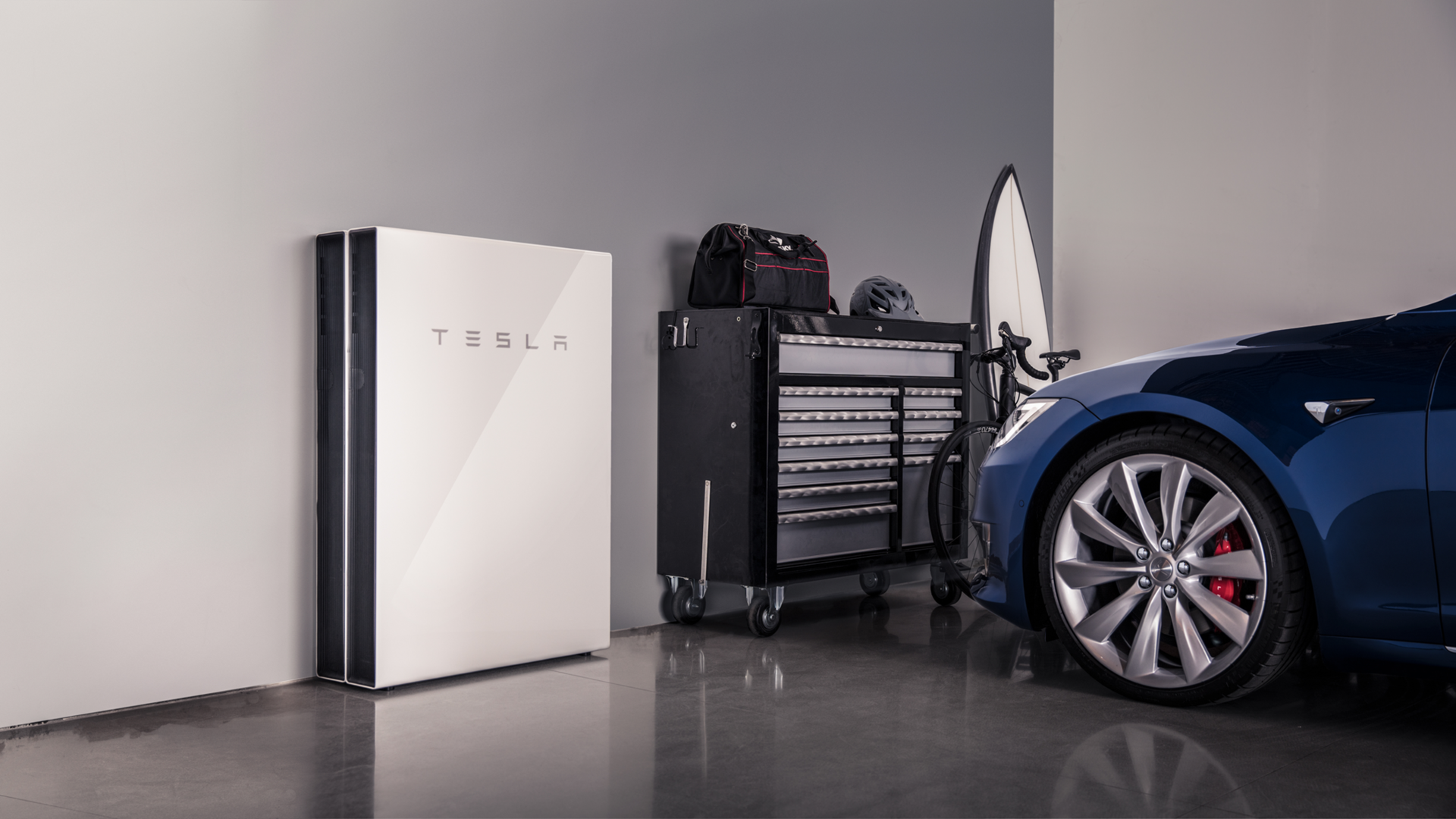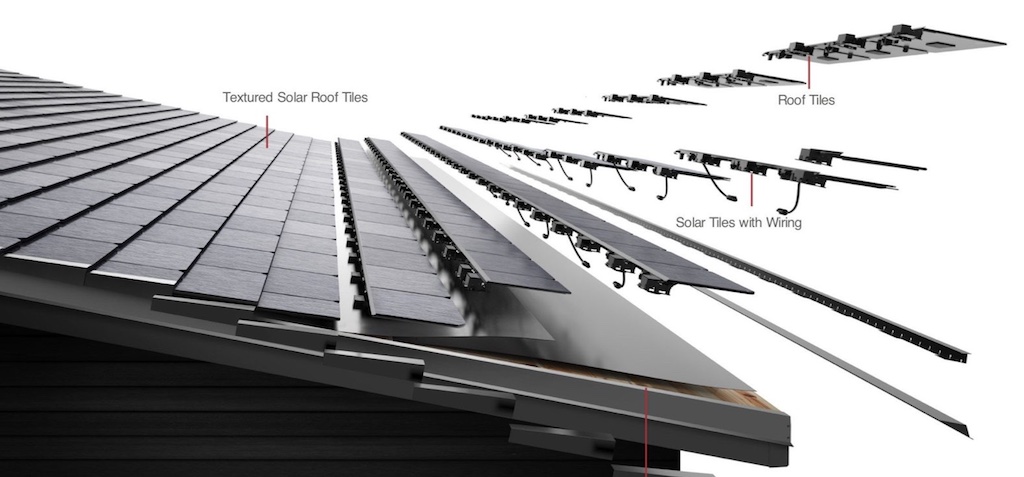The great success of Tesla’s household batteries, known as Powerwall, can only be purchased in combination with a solar system. Until now, it was possible to buy one of the flagship products individually, but this sales policy has come to an end.
The lack of batteries that Tesla suffers from the arrival of its new vehicles, such as the Model Y and the Cybertruck, together with the increase in sales of its electric cars, means that the North American colossus needs more cells of a battery of which you can produce or buy.
The Powerwall, which are household batteries that have gained in popularity in the United States in recent years, use the same batteries that we can find in the electric cars of the Californian brand.
The great demand for these batteries has prompted Tesla to reduce the supply by linking it to the purchase of solar panel systems, another business of Elon Musk’s company.
As of now, Tesla has stopped taking orders from the Powerwall without including a complete solar installation. On its website, the company announces that “Powerwall is only available with the purchase of solar panels.”
Recently, FCE reported the increase in these domestic batteries’ price, coinciding with the launch of the first Tesla brand solar inverter.
A few months later, the Palo Alto company closes the loop, limiting access to one of the most popular and in-demand batteries to use a complete system.
In 2020 Tesla managed to complete the 100,000th installation of its Powerwall in homes. While worldwide demand for this product grows, it delays deliveries and shortages of products.
The Powerwalls are the beginning of an ambitious idea by Elon Musk that seeks to create virtual power plants (VPPs) like those deployed in 6,000 homes in Hawaii.
The increase in this type of particular energy storage solution has been increased after recent events, such as the snowfalls in Texas that have left hundreds of thousands of people without electricity for days.
This type of event, which is becoming more common every day, creates a market of people who pay more attention to household batteries every day since citizens seek to depend less on the network.



